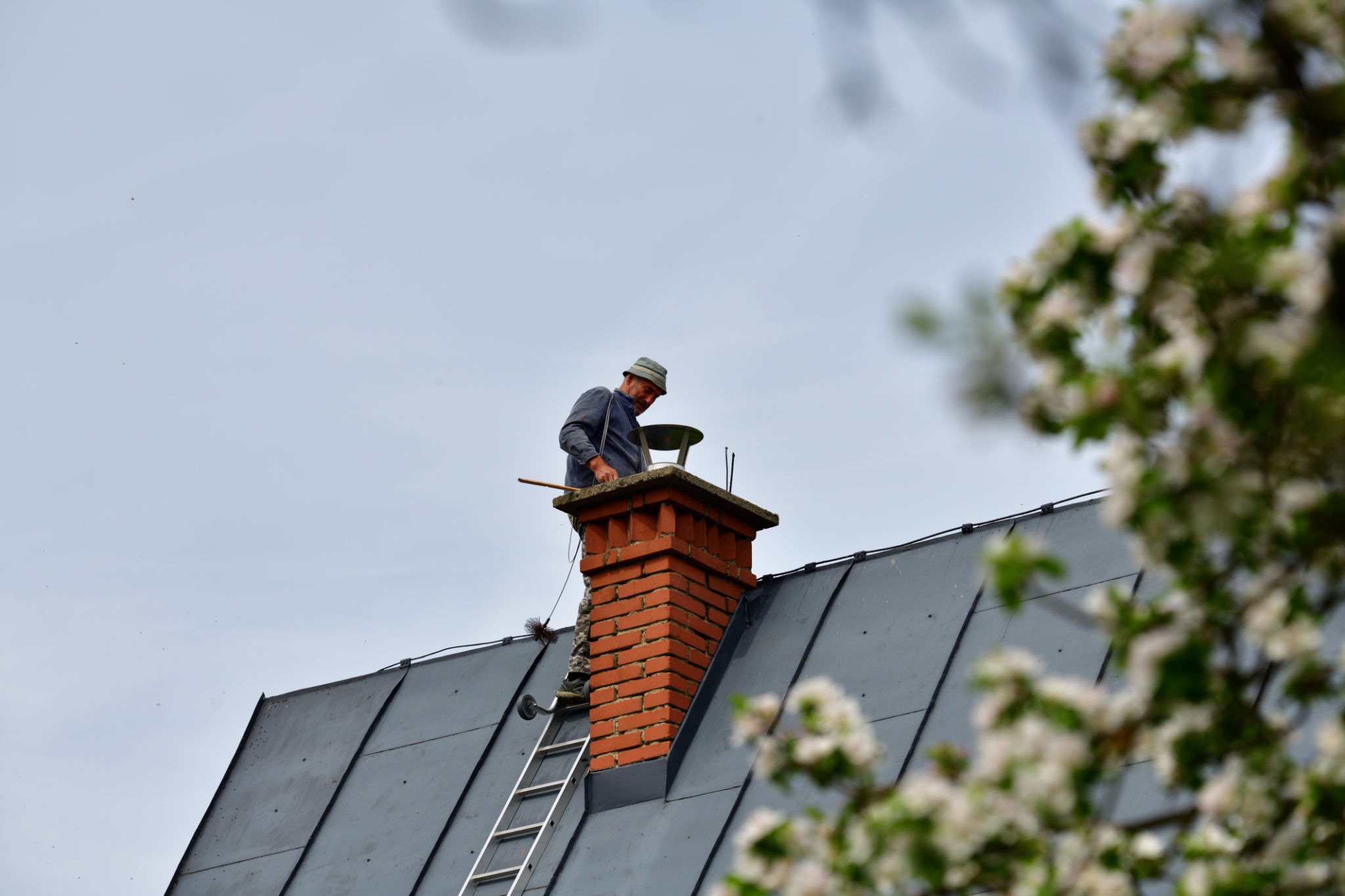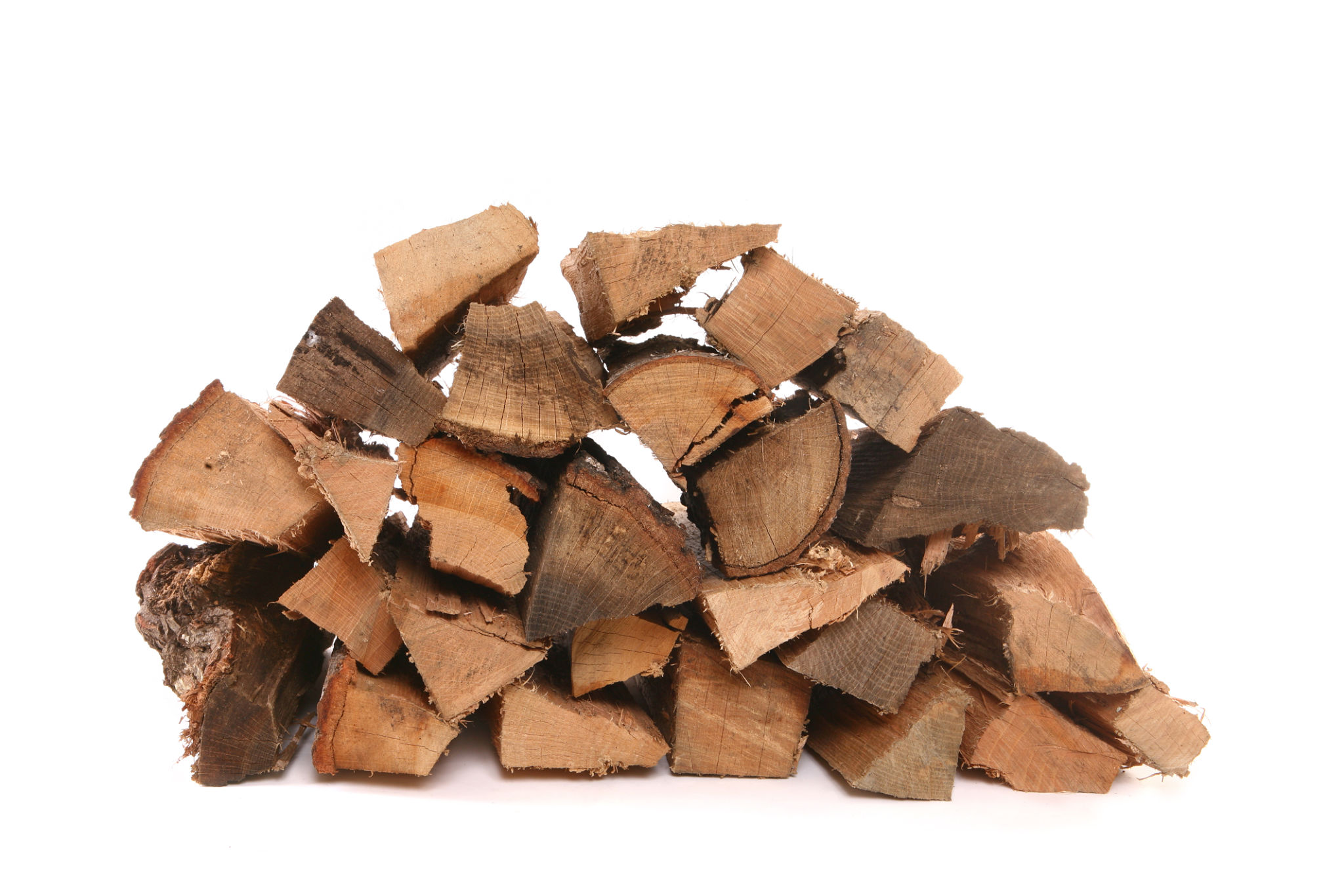Seasonal Chimney Maintenance Checklist for a Safe and Warm Home
Introduction to Chimney Maintenance
As the colder months approach, ensuring your chimney is in top condition is crucial for a safe and warm home. Regular maintenance not only enhances efficiency but also prevents potential hazards. Here’s a comprehensive seasonal chimney maintenance checklist to keep your fireplace functioning smoothly.

Inspection is Key
Before lighting the first fire of the season, it’s essential to conduct a thorough inspection of your chimney. Look for visible signs of wear and tear, such as cracks or loose bricks. A professional chimney sweep can provide a more detailed inspection, identifying issues that might go unnoticed to the untrained eye.
Schedule a Professional Inspection
Consider hiring a certified chimney sweep to perform an in-depth assessment. They can ensure that your flue is clear of obstructions and check for creosote buildup, which is a leading cause of chimney fires. This professional service often includes a cleaning, ensuring optimal performance.

Cleaning the Chimney
Regular cleaning removes soot and debris, which can obstruct airflow and increase the risk of fire. Depending on usage, this should be done annually or more frequently if used heavily. While some homeowners opt for DIY cleaning kits, professional cleaning is recommended for the best results.
Creosote Buildup
Creosote is a highly flammable byproduct of burning wood. Over time, it accumulates on the chimney walls, posing a significant fire hazard. Regular removal is crucial to prevent dangerous creosote fires. This step is best left to professionals equipped with the right tools.

Checking the Chimney Cap and Damper
The chimney cap plays a vital role in preventing rain, debris, and wildlife from entering your chimney. Ensure the cap is intact and free of blockages. Similarly, the damper should open and close smoothly to regulate airflow and prevent drafts when not in use.
Inspecting Other Components
Don’t overlook other parts like the flashing around the chimney base, which can prevent water leaks when properly installed. Look for signs of rust or gaps, which could lead to water damage in your home.
Final Preparations Before Use
Once inspections and cleaning are complete, assess your wood supply. Use seasoned wood to reduce smoke and improve efficiency. Store it in a dry place to prevent moisture absorption, which can cause inefficient burning.

Safety Equipment Check
Ensure that smoke detectors and carbon monoxide alarms are functioning correctly. Replace batteries regularly and test each device before using your fireplace for the first time each season. These devices are essential for early detection and safety.
Conclusion
By following this seasonal chimney maintenance checklist, you can enjoy a safe and comfortable winter season. Regular inspections, cleaning, and addressing minor issues promptly will ensure your chimney operates efficiently, providing warmth and peace of mind throughout the colder months.